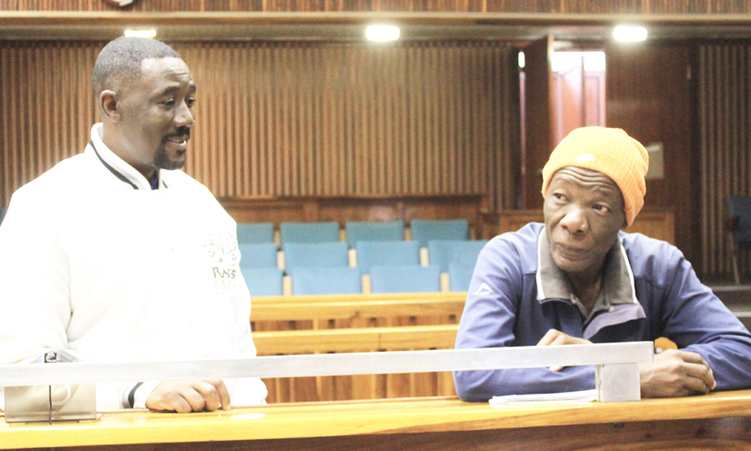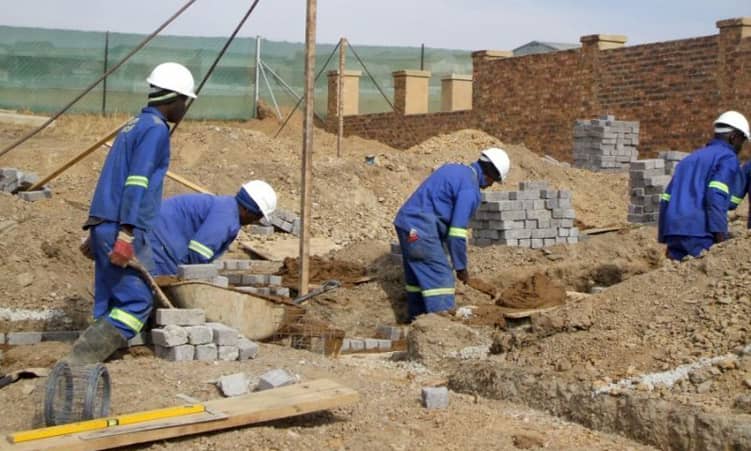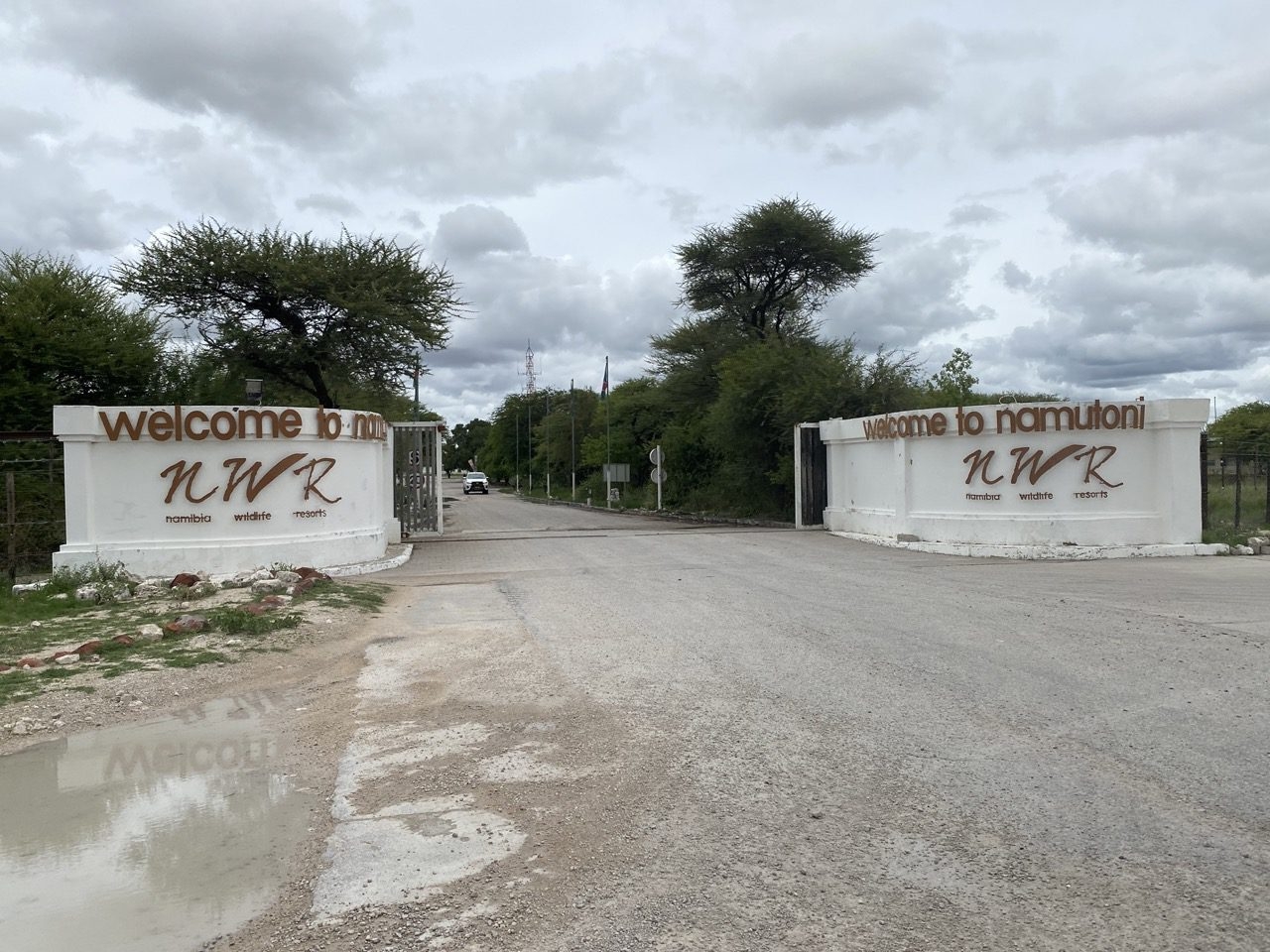JOHANNESBURG – Organisers of the 2010 World Cup in South Africa insisted yesterday that preparations remain on track after the city of Port Elizabeth was stripped of the right to stage matches for the dress rehearsal.
The decision on Tuesday to drop the southern coastal city from the line-up for the 2009 Confederations Cup means none of the five stadia being built from scratch will be showcased for the traditional warm-up event. However Fifa secretary general Jerome Valcke told reporters yesterday the move should not be seen as a vote of no confidence in South Africa’s ability to have everything ready for the kick-off in just under two years’ time.”Nothing is ready (yet) but everything has to be ready and will be ready for the World Cup,” said Valcke.”There was a red light for the PE stadium and that is why we had to take a decision.There is no other red light and things are either on orange or green.”It is normal.We are exactly where we have to be.”The Confederations Cup has traditionally been used to test a host country’s state of preparedness for the World Cup and the decision may fuel claims that South Africa is struggling to meet its deadlines.The axing of Port Elizabeth from the Confederations Cup roster was made after Fifa president Sepp Blatter revealed he has a Plan B should South Africa be unable to host the World Cup, although he stressed it would only become active in the event of a natural disaster.Valcke said “we do not know what is Plan B today or that we have worked on Plan B.””The World Cup will take place in South Africa and has to take place in South Africa,” he said.”The decision was taken to give back to Africa an event.African players are more in Europe than in the rest of the world.You have to give back, in recognition of what Africa has brought to the game.”In the absence of Port Elizabeth, the Confederations Cup – which features South Africa, Italy, Spain, the United States, Brazil, Iraq and Egypt – will be staged in the northern cities of Johannesburg, Pretoria, Bloemfontein and Rustenburg.The decision was made after a report compiled by a technical team which said the stadium, one of 10 which are due to stage matches in the 2010 tournament, would likely miss a deadline in March next year for health and safety tests.South Africa is building five new stadia while another five are being upgraded for the first ever World Cup to be staged in Africa.The arena in Port Elizabeth was the only new stadium to have been earmarked to stage Confederations Cup matches.Nampa-ReutersHowever Fifa secretary general Jerome Valcke told reporters yesterday the move should not be seen as a vote of no confidence in South Africa’s ability to have everything ready for the kick-off in just under two years’ time.”Nothing is ready (yet) but everything has to be ready and will be ready for the World Cup,” said Valcke.”There was a red light for the PE stadium and that is why we had to take a decision.There is no other red light and things are either on orange or green.”It is normal.We are exactly where we have to be.”The Confederations Cup has traditionally been used to test a host country’s state of preparedness for the World Cup and the decision may fuel claims that South Africa is struggling to meet its deadlines.The axing of Port Elizabeth from the Confederations Cup roster was made after Fifa president Sepp Blatter revealed he has a Plan B should South Africa be unable to host the World Cup, although he stressed it would only become active in the event of a natural disaster.Valcke said “we do not know what is Plan B today or that we have worked on Plan B.””The World Cup will take place in South Africa and has to take place in South Africa,” he said.”The decision was taken to give back to Africa an event.African players are more in Europe than in the rest of the world.You have to give back, in recognition of what Africa has brought to the game.”In the absence of Port Elizabeth, the Confederations Cup – which features South Africa, Italy, Spain, the United States, Brazil, Iraq and Egypt – will be staged in the northern cities of Johannesburg, Pretoria, Bloemfontein and Rustenburg.The decision was made after a report compiled by a technical team which said the stadium, one of 10 which are due to stage matches in the 2010 tournament, would likely miss a deadline in March next year for health and safety tests.South Africa is building five new stadia while another five are being upgraded for the first ever World Cup to be staged in Africa.The arena in Port Elizabeth was the only new stadium to have been earmarked to stage Confederations Cup matches.Nampa-Reuters
Stay informed with The Namibian – your source for credible journalism. Get in-depth reporting and opinions for
only N$85 a month. Invest in journalism, invest in democracy –
Subscribe Now!










